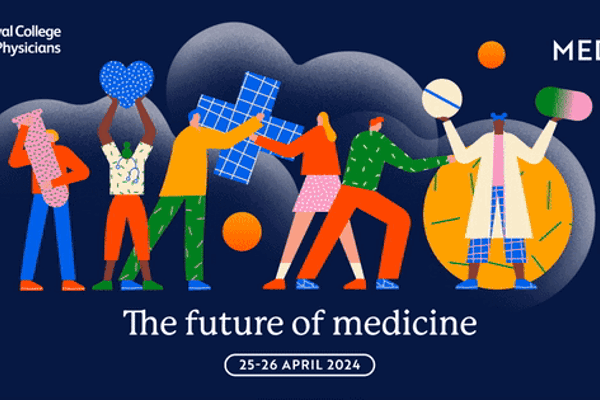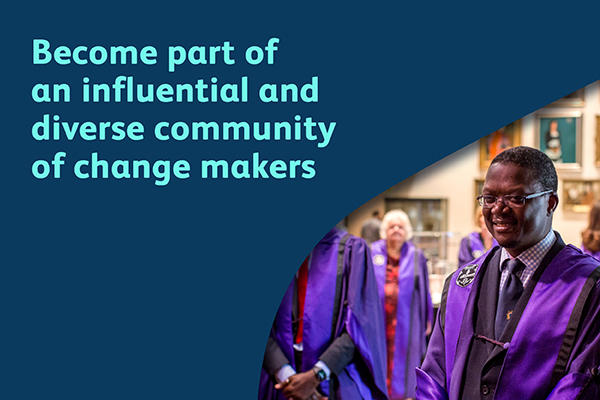Dr Chetan Mukhtyar is a consultant rheumatologist at Norfolk and Norwich University Hospital. In this article, he talks about the challenges of being research active in a full-time NHS job, and the one piece of advice he’d give to anyone looking to start a career in clinical research.
Can you explain how you became involved in clinical research?
I came to the UK from India in 1999, and after senior house officership in general internal medicine training in Doncaster and passing the membership examination of the RCP in 2002, I decided to specialise in rheumatology. As part of my rheumatology training, I was lucky enough to complete a vasculitis fellowship at the University of Oxford. This was extremely hard work but it allowed me to publish about 20 papers and I knew then I wanted to remain research active.
What happened when you became a consultant?
When I was appointed as a consultant rheumatologist in Norwich in 2009, I slightly naively thought the job would have a strong research component because my predecessor was a professor with an international reputation. This was when I fell off the research bike. Without dedicated research time, I lost contacts and knowledge of what was happening in my field. In a full-time NHS job, in a slightly remote part of the country, it became difficult to conduct impactful and meaningful research.
To keep up my research presence, I worked a lot of evenings and weekends and participated in international consortia like OMERACT and EULAR to produce some good quality collaborative work.
Throughout my time at Norwich though, I have been involved in a project to improve how we treat people with suspected giant cell arteritis (GCA). Working with colleagues from across the hospital, we developed a multidisciplinary service to develop a trust pathway for patients with suspected GCA. It took a long time to get right, and at every step there was a research element. As well as delivering big improvements in corticosteroid-free survival, there were also significant financial benefits for the trust. Over a decade, the cost of running the service fell from £208,000 to assess 162 referrals to £110,000 to assess 419 referrals. We were very pleased that this project was nationally recognised by being a finalist in the RCP’s ‘Excellence in Patient Care Awards (EPCA 2020)’.
Aside from networks, what were some of the other challenges you faced remaining research active?
Funding is a big challenge as a jobbing NHS clinician. One way would be to get a university post, but this can be difficult. I was told that I have to be a proven quantity who can continue to deliver a 4* paper. The fact that I had done this in my fellowship years didn’t count. But this was a bit of a chicken and egg situation. Without time and funding support, it is impossible to deliver such a project.
Another way to get some funding is to participate in NHS portfolio studies. The National Institute for Health Research (NIHR) will provide principal investigators with time to do research. Their resources are limited though – the most funding I’ve ever received is 4 hours a week. But recent changes in policy mean that this support is being reduced meaning I have had to shut down some studies.
Thankfully, there has been a happy turn of events. My hospital trust (Norfolk and Norwich University Hospital NHS Foundation Trust) has decided to invest in people like me based upon my research delivery. As of this July, my trust has given me 1 day a week to work on my research projects and finish my PhD. By investing in me to do more research, I hope to repay them from the innovations this will allow me to deliver.
What changes do you think are needed to encourage more research activity in trusts?
Making research more widely available would make a big difference. There is no reason why all NHS research should not be in the public domain rather than behind paywalls. If I have found a new way of doing something, I want people to know about it and for there to be a meaningful impact in other hospitals. This will give clinicians the impetus to become involved in research.
Currently, the NIHR is stopping its funding of NHS consultants to deliver research because it is considered to be a core part of an NHS clinician’s job. But it does not appear on any metric or dashboard to assess the quality of a hospital. If a body like the Care Quality Commission (CQC) was renamed to become the Care, Quality and Research Commission, and objective and meaningful research metrics were included in the assessment of a hospital, there would be recognition of the important role of clinical research, and this would incentivise every hospital to make a positive contribution to the body of knowledge. That would ensure that research would be on the job plans of interested clinicians. The delivery of research could be easily assessed at their annual appraisals.
NHS trusts also need to better understand the financial benefits that research can deliver and share this knowledge better with other hospitals. For example, by redesigning the pathway for the care of patients with GCA, we have saved the NHS ~£400,000 over 3 years. This type of practical knowledge needs to be shared much more effectively between different organisations in the NHS.
What advice would you give to someone starting out in research?
The best piece of advice I can give is to find a mentor you can get on with. I was stumbling in the dark early on in my career, and my journey would have been so much easier with a research mentor.
Having a simple question is key as well. The simpler the question, the greater the clarity of thought and the research output will be the better for it.
The RCP recently published the results of a membership survey showing physicians in rural hospitals, as well as women and BAME physicians, struggle to participate in clinical research. Research for all? An analysis of clinical participation in research outlines these findings and how we want to work with NHS trusts to tackle this unequal access.




